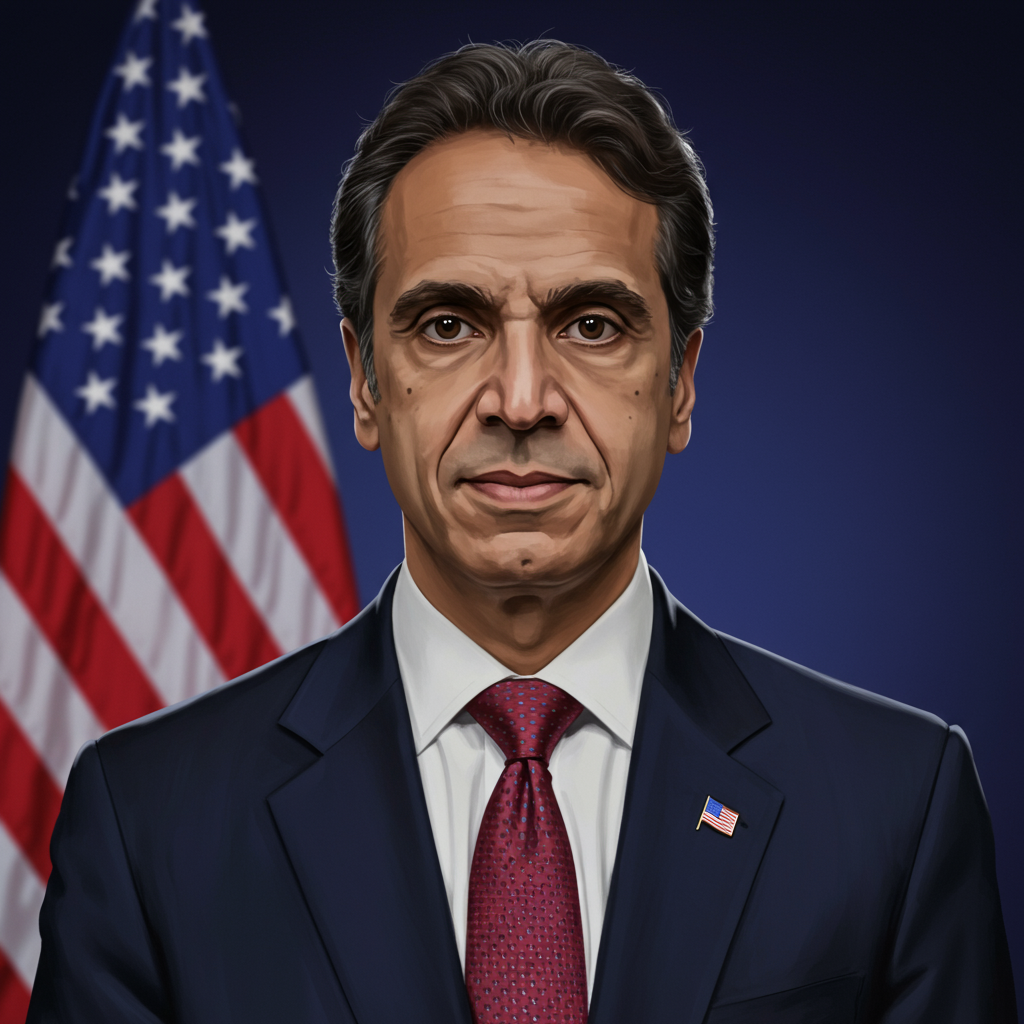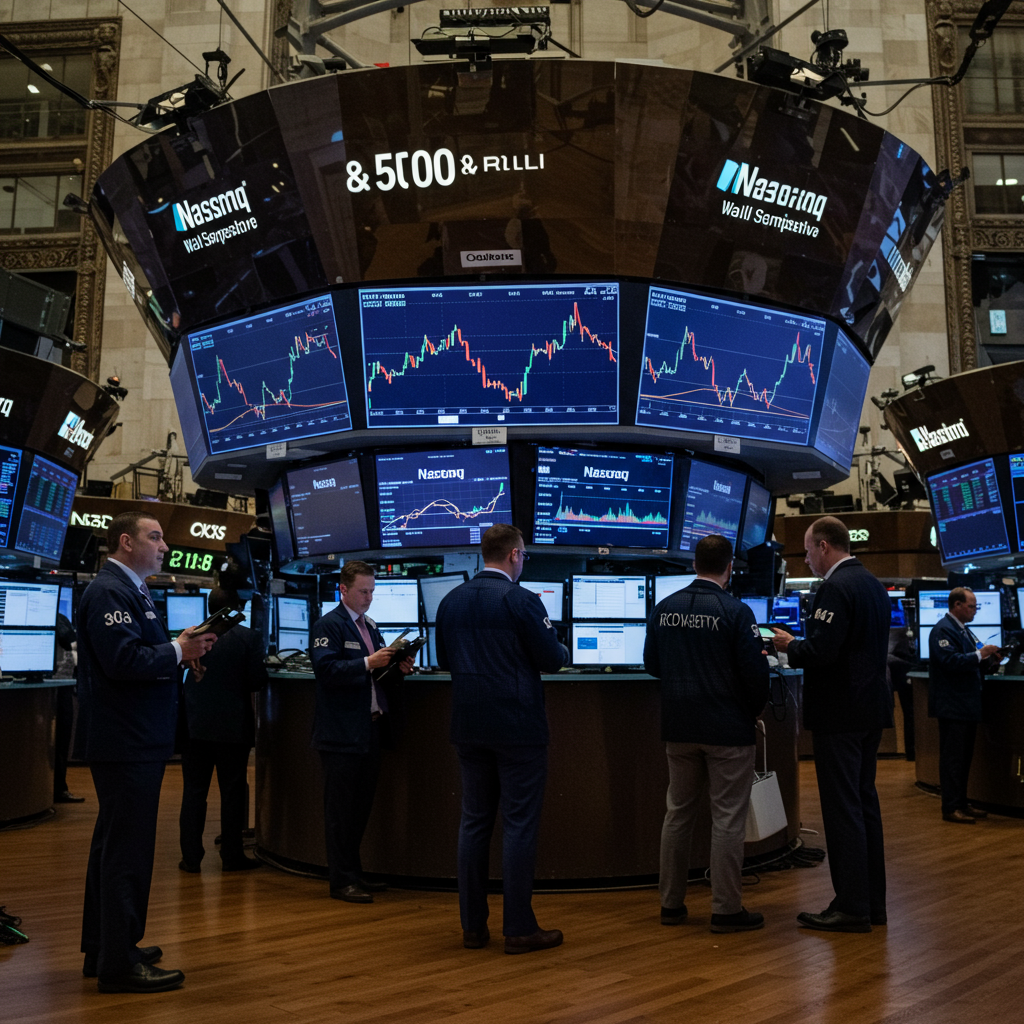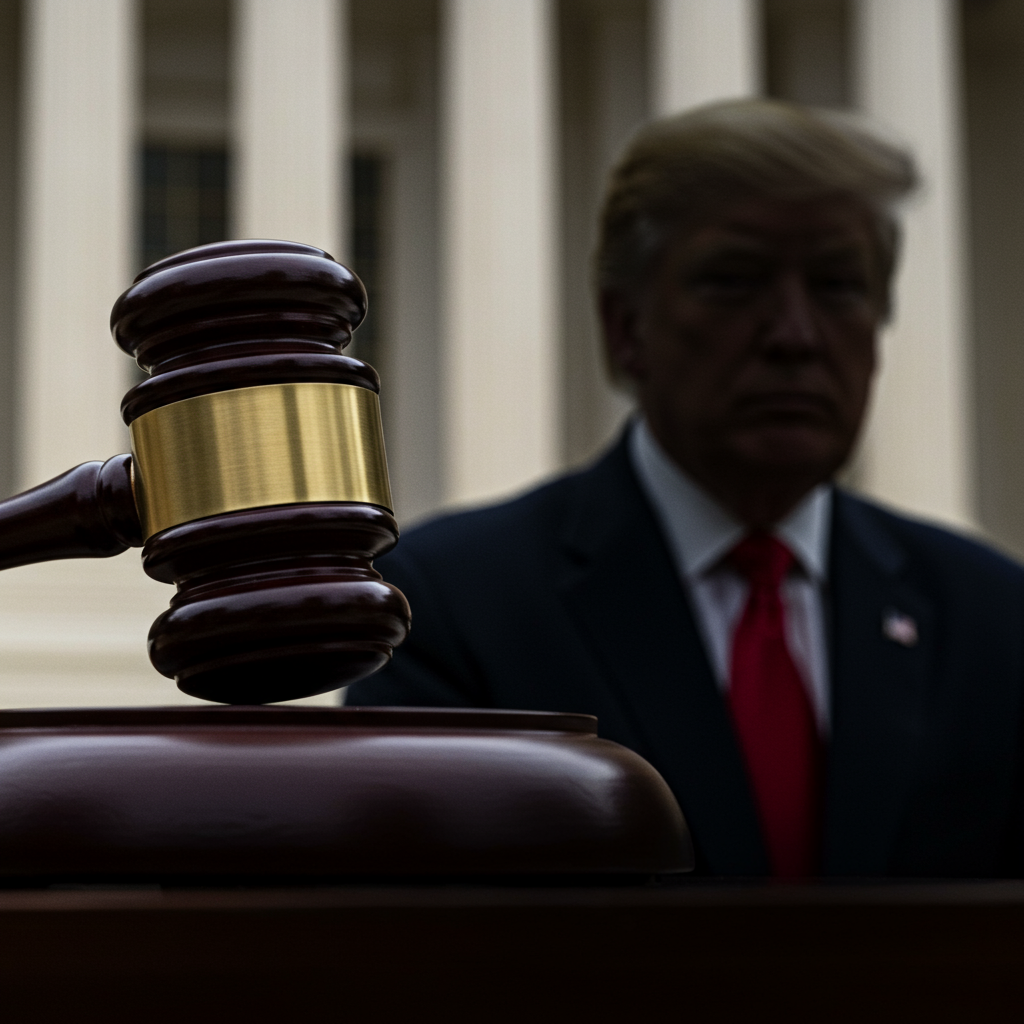A Seismic Shift in NYC Politics: Mamdani Outpaces Cuomo in Primary
In a stunning development signaling a potential generational and ideological shift within the Democratic Party, 33-year-old Democratic Socialist lawmaker Zohran Mamdani has outpaced former Governor Andrew Cuomo in the New York City Democratic mayoral primary. While the final outcome hinges on the tabulation of ranked-choice voting ballots, expected around July 1, Mamdani’s initial lead prompted Cuomo to concede defeat late primary night, acknowledging it “was not our night.”
The preliminary first-round results from the New York City Board of Elections showed Mamdani securing approximately 43.5% to 44% of the vote compared to Cuomo’s 36.3% to 36% with most ballots counted. This significant lead, despite Cuomo entering the race as an initial frontrunner boosted by immense name recognition and financial resources, represents a major upset.
Addressing his supporters after the results became clear, Cuomo, 67, congratulated Mamdani on running a “highly impactful campaign” that energized young voters. While conceding the primary based on initial numbers, Cuomo also noted he has qualified for an independent line in the November general election and would analyze the full ranked-choice results before deciding his path forward.
The Rise of Zohran Mamdani: A Progressive Campaign Built on Affordability and Grassroots Energy
Zohran Mamdani, a State Assemblymember representing parts of Queens, ran a campaign focused relentlessly on making New York City more affordable for working-class residents. His bold progressive platform includes ambitious proposals like implementing a rent freeze on stabilized apartments, making city buses fare-free, establishing a network of city-owned, non-profit grocery stores, and providing free childcare for young children. To fund these initiatives, Mamdani advocates for raising taxes on the city’s wealthiest individuals and corporations, proposing a flat 2% tax on top earners and increasing the corporate tax rate.
Mamdani’s campaign distinguished itself through its grassroots approach, eschewing funding from billionaires in favor of individual donations (raising $8 million from over 20,000 donors) and leveraging a massive volunteer base, which organizers claimed was the largest in city history. A key factor in his success was his savvy use of social media, delivering his platform message in concise, “bite-size pieces” that resonated particularly with younger voters. He also conducted significant outreach to South Asian and Muslim communities.
His progressive stance earned him endorsements from national figures like U.S. Senator Bernie Sanders and Congresswoman Alexandria Ocasio-Cortez, along with the Working Families Party. However, his more critical stance on Israel drew criticism and accusations of fueling antisemitism from opponents, which Mamdani has denied.
Cuomo’s Comeback Bid Stumbles
For Andrew Cuomo, the primary result marks a humiliating defeat in his attempt to resurrect his political career four years after resigning as governor amidst sexual harassment and COVID-19 management allegations. Despite these controversies and a largely nostalgia-based campaign that highlighted past achievements and his widely recognized COVID briefings, Cuomo initially led most public opinion surveys.
His campaign was bolstered by significant financial backing, including a super PAC that spent over $24 million flooding airwaves and mailboxes with pro-Cuomo and anti-Mamdani messaging. He also garnered endorsements from prominent figures like former President Bill Clinton and former Mayor Michael Bloomberg, leaning into his extensive experience and presenting himself as the candidate needed to restore order. However, voters ultimately seemed less swayed by his experience and more receptive to Mamdani’s focus on the pressing issue of affordability, while Cuomo’s past scandals and perceived lack of focus on voter’s top concerns proved to be liabilities.
Ranked Choice Voting and Strategic Alliances
The final tally will be determined by New York City’s ranked-choice voting system, which allows voters to rank up to five candidates in order of preference. If no candidate achieves over 50% of the first-place votes (as is the case here), the candidate with the fewest votes is eliminated, and their voters’ ballots are reallocated to their next ranked choice. This process continues until one candidate reaches a majority.
A critical dynamic in this primary was the strategic alliance between Mamdani and third-place finisher Brad Lander. The two progressive candidates cross-endorsed each other, urging their supporters to rank the other second. This tactic, aimed specifically at consolidating progressive votes to block Cuomo, is expected to significantly benefit Mamdani as lower-ranked candidates are eliminated and their votes are redistributed.
A Referendum and a Warning to the Establishment
This primary race served as a high-profile microcosm of the ongoing national Democratic Party divide, pitting a young, insurgent democratic socialist against an older, experienced figure from a political dynasty attempting a comeback. Seen by many as a referendum on the future direction of the party and how it should address issues like affordability and generational change, Mamdani’s strong showing is viewed by some as a warning to the Democratic establishment.
The election saw significantly high voter turnout, the most since 1989, with record early voting totals driven particularly by younger voters and those in gentrifying areas – demographics that largely align with Mamdani’s support base. This surge indicates an energized electorate potentially seeking a departure from traditional political norms and favoring a more progressive vision for the city.
The Path Ahead: A Challenging General Election
While Mamdani holds a strong position to win the Democratic nomination pending the RCV tabulation, the path to the mayoralty remains challenging. He will face incumbent Mayor Eric Adams, who is seeking re-election on an independent line after opting out of the Democratic primary amidst low approval ratings. Andrew Cuomo has also qualified for an independent line in the general election, though his commitment to actively campaigning remains uncertain. Other candidates, including Republican Curtis Sliwa and independent Jim Walden, will also be on the ballot, making for a crowded field.
Mamdani is likely to face fierce opposition and significant spending in the general election, with potential attacks focusing on his perceived inexperience and controversial stances. Nevertheless, his primary performance marks a significant political earthquake, demonstrating the viability of a progressive, grassroots campaign against well-funded establishment figures in the nation’s largest city. If his lead holds, Mamdani could become New York City’s first Muslim and South Asian mayor, as well as potentially its youngest in over a century.



